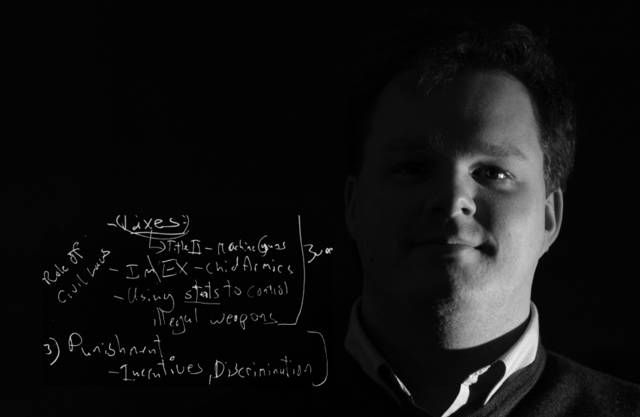Thursday, August 21, 2008
AFB's Jitterbug Review
Alternative Google Color Schemes
For the visually impaired, Google's (as well as MS and most websites) color scheme is downright bad. Does Google have or could it develop an alternative accessible co or scheme? Not only should it be high contrast, but also light-on-dark. For me, I like yellow-on-black. Firefox and IE allow users to impose color schemes while browsing, but this method changes all text and background to the same two colors. This ruins the full use of each page. For example, in Gmail, the star feature becomes useless.For another, regular text and hyperlinks become indistinguishable. So this solution is only partial. This remains true for other websites and for Windows as well. Both Vista and XP have high-contrast color schemes, but there are both aesthetically unappealing (Visually impaired does not equal aesthetically unaware) and more problematic then helpful. Is this something that Google could/will implement? Is this something a third-party could do well? There are some third party tools (e.g. Firefox's Accessibar), but none are subtle enough to retain the full nature of each web page. Is anyone up for the challenge? Thanks! PS Can someone create a nice Vista/XP theme with accessible and aesthetic colors and font sizesI will relay any useful responses.
Tuesday, August 19, 2008
The Touch Sight camera
The Touch Sight, a concept camera from Samsung, is a great stride forward for visually impaired photographers with little of no vision. Instead of an LCD screen, it has a Braiille display that can present the image in a 3D format. Since it is only a concept, it is not for sale.
I will email the designer (Chueh Lee: chueh.lee@samsung.com), to offer thanks and encouragement. Maybe you have a moment to do so as well.
Monday, August 04, 2008
Curiosity & The Blind Photographe
I just stumbled across this essay, a blind flaneur » Curiosity & The Blind Photographer, on "accessibility in terms of culture and cultural production." A worthwhile read with some magnificent photos. What do you think? What is the link between accessibility and curiosity? Is access no longer a one-way street?
Amartya Sen paved new roads in economic thought when he changed the idea of poverty being absolute to being relative. To translate, Sen simply pointed out that what would have being accounted wealthy a thousand years ago would be accounted poverty today. Sen pushed a participatory (i.e. relative) concept of poverty. Someone is poor if they cannot fully participate in the economy (too poor for a phone, transport or sufficient nutrition for health, e.g.).
I can see clearly a parallel here to accessibility being defined as the ability to participate in society (or culture). Food for thought...



